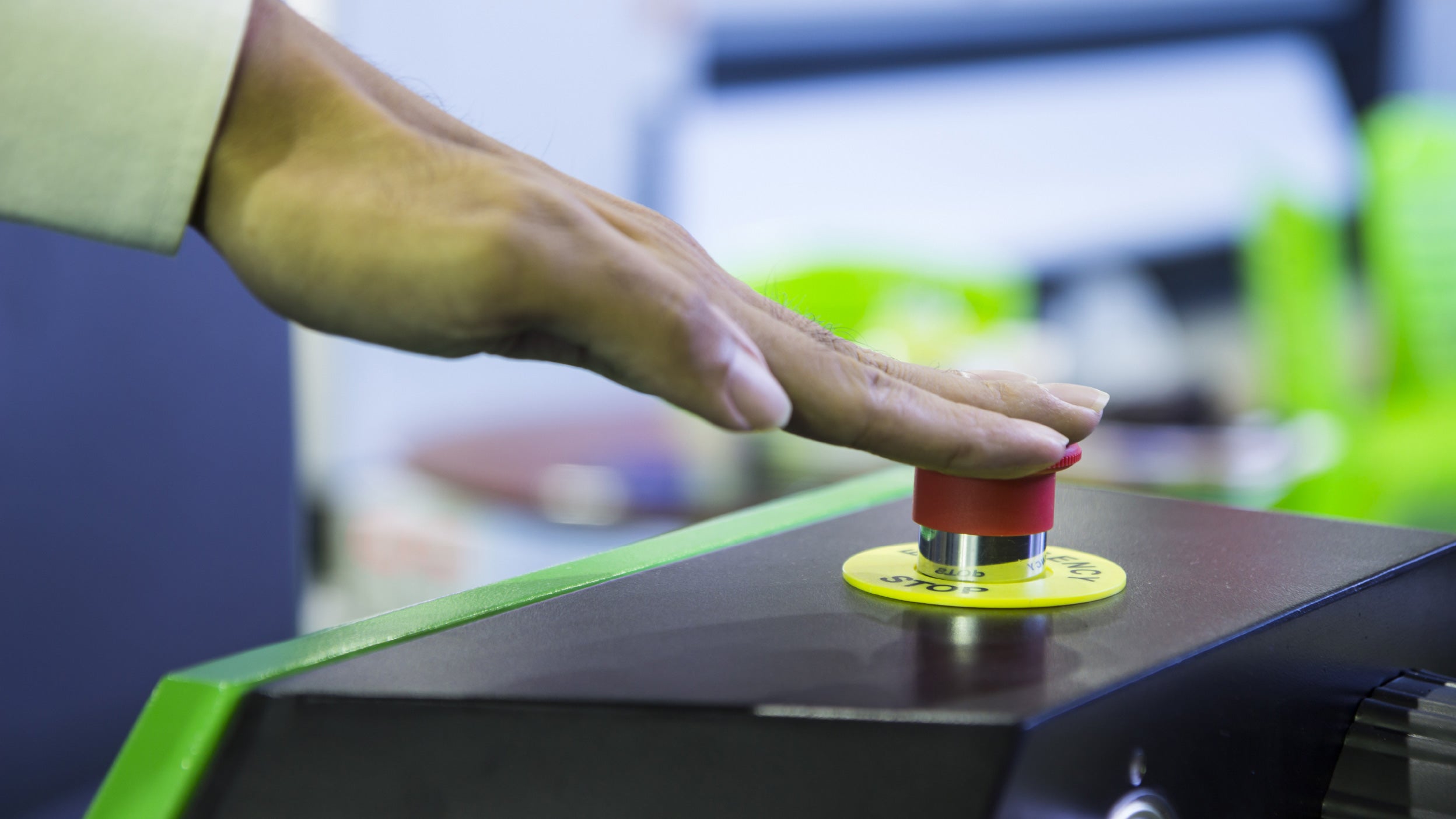What is identity theft?
Your identity and personal information are very valuable assets. It is easy to fall into the trap of thinking that identity theft only affects other people. Identity theft occurs when your personal information is used by someone else without your knowledge.
It may support criminal activity, which could involve fraud, deception, or obtaining benefits and services in your name. This can be done by taking documents from your rubbish or by making contact with you and pretending to be a legitimate organisation.
Three ways to help protect your identity
1. Keep your personal information secure
- Be extra careful if you live in a property where other people could have access to your mail. If you have concerns, a bank or credit card company could arrange for you to collect valuable items such as new cards or cheque books from a local branch.
- If you stop receiving mail consider contacting the Royal Mail to check whether a mail redirection order has been made in your name without your knowledge. This is a common tactic employed by fraudsters to gain access to your personal data and possibly your identity. You can contact Royal Mail Customer Enquiry Line on 08457 740 740.
- Tell your bank, card issuer and all other organisations that you deal with in a timely manner if you move house. Ask the Royal Mail to redirect any mail from your old address to your new one for a suitable period of time.
- Regularly obtain a copy of your personal credit file from a credit reference agency to see which financial organisations have accessed your details. This is a good way to spot any signs someone may be fraudulently using your identity to apply for services.
2. Keep your documents safe
- Storing documents - Keep your personal documents in a safe place, preferably in a lockable drawer or cabinet at home. Consider storing valuable financial documents such as share certificates with your bank.
- Lost documents - If a valuable document such as your passport or driving licence has been lost or stolen contact the issuing organisation immediately.
- Disposing of documents - Don't throw away entire bills, receipts, credit or debit-card slips, bank statements or even unwanted post in your name. Destroy unwanted documents, preferably by using a shredder.
- Check your documents - Check statements as soon as they arrive. If any unfamiliar transactions are listed, contact the company concerned immediately.
3. Keep your passwords and PINs safe
- Never give personal or account details to anyone who contacts you unexpectedly. Be suspicious even if they claim to be from a well-known organisation such as your bank or the police. Ask for their phone number, check it is genuine and, if so, call them back. Be wary that some scam callers will stay on the phone line and not hang up. To avoid being caught by this make the call back using a different phone to the one you received the call on. If you cannot access another phone, hang up and wait for at least five minutes before you dial out or, alternatively, call a friend or another known phone number to check the phone line is clear before making another call. Remember, Invesco will never call you unexpectedly and we will never ask for your PIN or your full password. Keep them secure.
- Don't use the same password for more than one account. Using different passwords increases security and makes it less likely that someone could access any other accounts.
- Keep your passwords safe and never record or store them in a manner which leaves them open to theft, such as in your purse or wallet.
Tell-tale signs that could mean you are a victim of identity theft
You are at risk of becoming a victim of identity theft, or may already be a victim, if:
- You have lost or had stolen important documents such as your passport or driving licence.
- Post expected from your bank has not arrived or you are receiving no post at all.
- You identify entries on your personal credit file from organisations you do not normally deal with.
- Items have appeared on your bank or credit-card statements that you do not recognise.
- You applied for a state benefit but are told that you are already claiming.
- You receive bills, invoices or receipts addressed to you for goods or services you haven't asked for.
- You have been refused a financial service, such as a credit card or a loan, despite having a good credit history.
- You discover that a mobile-phone contract has been set up in your name without your permission.
- You have received letters from solicitors or debt collectors for debts that aren't yours.
What should you do if you believe your identity has been stolen?
Take immediate action. Check with credit reference agencies such as Experian, Equifax or Call Credit for any unusual entries and for advice.
Query any unknown purchases or services with your bank or the company providing them.
If you believe you are a victim, report the matter to Action Fraud immediately. You will be provided with a crime reference number for your report and offered further guidance and support.
Notify Royal Mail if you suspect mail theft or that a mail redirection has been fraudulently set up on your address.
If you have been a victim of identity fraud you may benefit from protective registration. This is a service offered by CIFAS, an industry body that operates fraud prevention services. For a small fee your entry is marked on the CIFAS register. When anyone applies for credit using your details, any credit provider who is a CIFAS member (most are) will see a warning. This alerts the provider to make extra security checks before granting the credit. For further information visit: https://www.cifas.org.uk/
Finally, if you think your account with Invesco may be at risk, please contact us and let us know.
Where to get more information and guidance including useful contact details.





